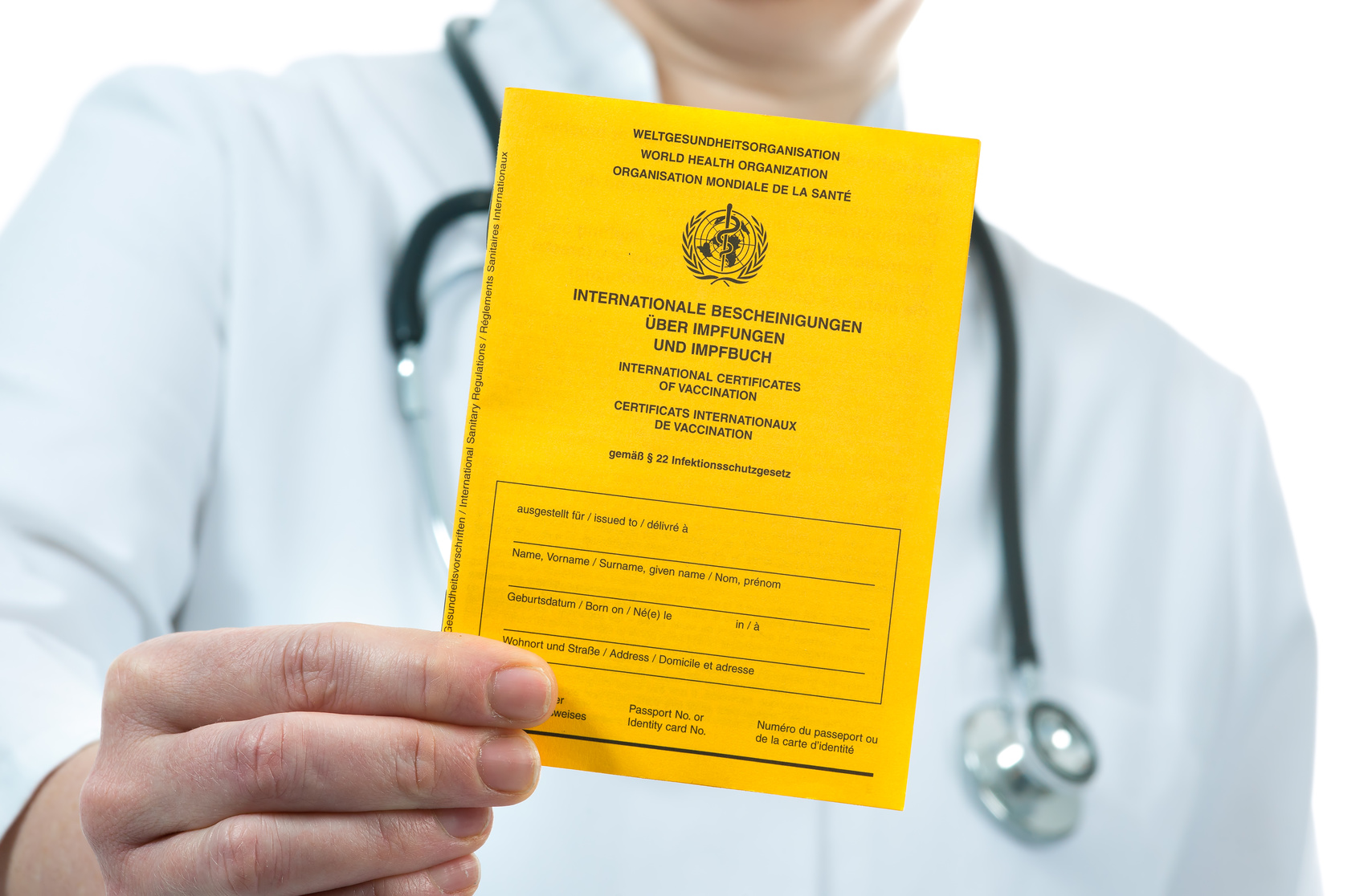Tag: Zika Virus
Boating in the Bahamas
The best way to see the Bahamas is by boat. As an archipelago of over 700 islands and cays all strung together like pearls over a turquoise sea, the majority of visitors choose to cruise to see the many delights that this country has to offer. Whether you only visit the Bahamas or take an all-encompassing Caribbean cruise, it is important to remember those travel vaccinations and travel health advice are essential if you are to enjoy a happy healthy holiday.
Here are our top travel tips for staying healthy in the Bahamas…
Vaccinations
All travellers should be in date with diphtheria, tetanus polio and Hepatitis A. There is no risk of the Yellow Fever virus in the Bahamas, however, if your cruise takes you to an area that does have a risk of the virus (such as South America), you will need to provide evidence of vaccination in the form of a valid Yellow Fever certificate. Cruise ships are confined spaces with a high volume of passengers which makes you more susceptible to infections. If you plan on travelling during the winter months, it is sensible to consider a flu vaccination as respiratory viruses can spread easily.
Sun
The Bahamas lie in the tropical Caribbean seas making the sun, sea and sand the major attraction. Remember to be sun safe. Wear a high factor sun cream throughout your holiday. The sun’s rays are particularly strong between 11am-3pm so it’s best to avoid direct exposure during this time. Slap on a hat, slip on a shirt and slop on some sunscreen.
Insects
The Bahamas have a risk of dengue fever, chikungunya and the Zika virus. These illness are spread via the bite of an infected Aedes mosquito. Whilst causing mild illness in many, they can cause more serious complications and are best avoided. Zika virus is associated with a serious complication during pregnancy and those who are pregnant or plan to become pregnant soon after the trip are advised against travel to the area. There are no specific vaccinations against these mosquito-borne viruses so bite prevention is the only defence. Cover up exposed skin and wear an insect repellent containing at least 50% DEET.
See our Ultimate Bug Kit.
Gastro Kit
The majority of Bahamian cuisine comes straight out of the sea. Whilst seafood and fish are delicious, ensure that any food consumed is cooked thoroughly and served fresh to you. The Bahamas has an abundance of fresh tropical fruit but it is wise to adhere to the ‘cook it, boil it, peel it or forget it’ saying to avoid the dreaded traveller’s diarrhoea. We advise travellers to take a gastro kit with them which can help prevent and treat the commonest gastrointestinal symptoms that occur when travelling.
Cruise Health
If you do plan to see the Bahamas by boat, ensure you follow some sensible precautions to avoid getting sick from fellow passengers. Wash your hands regularly, make use of the alcohol-based sanitizers stations on board, carry a small alcohol-based hand sanitiser to keep your hands clean when off the ship. Ensure you stay hydrated, but make sure you drink water from a safe source (bottled, boiled or purified).
Book your travel appointment today
By Anna Chapman | Travel Nurse | March 2019
Senegal is one of West Africa’s most visited countries; it is considered one of the most stable democracies in Africa, which is probably why it is more popular than it’s neighbouring countries. Senegal offers the hustle and bustle of Dakar, the sand dunes of the Lompul Desert, the clear waters of the Casamance and tropical backwaters of the Sine-Saloum Delta. Unfortunately, a tropical environment comes with tropical diseases, especially ones that fly!
Don’t wing it with your health, follow our top travel tips to stay healthy and have a bug-free break …
Sleeping Sickness
Sleeping sickness, also known as “human African trypanosomiasis”, is caused by the tsetse fly, which is native to the African continent and generally active during the day. If an infected tsetse fly, which is carrying the parasite, bites you, it can cause acute trypanosomiasis. Sleeping sickness infects the brain causing confusion, disturbed sleep (hence the name) and can be fatal if not treated.
Malaria
Malaria is prevalent throughout the whole of West Africa, including Senegal. It is spread by the bite of an infected Anopheles mosquito. Generally, these mosquitos bite most often during dusk til dawn. All travellers to Senegal should take anti-malarial medication and take preventative measures against mosquitoes.
Yellow Fever
Yellow Fever is a virus spread by the Aedes mosquito, that is most active from dawn till dusk. Catching Yellow Fever can be fatal but can be prevented by vaccination. The vaccination gives a lifetime of protection, however, it is not suitable for everyone and a comprehensive risk assessment should be sought from a travel clinic. Additionally, there is a requirement to be in possession of a valid Yellow Fever certificate when entering Senegal from another infected country, especially those who plan onwards travel to Gambia or Guinea-Bissau.
Zika Virus
Zika Virus is spread by the Aedes mosquito which commonly bites during the day in urban settings, such as Dakar and St Louis. The majority of people who are infected with Zika virus have no symptoms, but if contracted during pregnancy or close to conception it can cause Congenital Zika Syndrome. Currently, there is no vaccination nor cure for Zika virus infection and strict precautions against mosquitoes should be taken.
Best prevention to banish those bugs?
- Wear long loose clothing and cover-up. If the insects can’t bite you, they can’t transmit their diseases to you.
- Use a minimum of 50% DEET spray on any exposed areas of skin and reapply regularly
- Sleep under a mosquito net
- Treat clothes with permethrin
- Ensure you receive a travel consultation prior to departure to receive the appropriate pre-travel vaccinations and medications against malaria and Yellow Fever
- You can purchase one of our Ultimate Bug Kits to help protect yourself
Book your travel appointment today
By Anna Chapman | Travel Nurse | February 2019
Have a bug-free beach life
Apart from causing an itch and inflammation, mosquitoes can leave more than just an irritation.
In the Caribbean, they have the ability to transmit diseases such as Dengue Fever, Zika Virus and Chikungunya.
Mosquito bite avoidance is recommended, here are our recommendations on how:
- Cover up with clothing
- Use insect repellents containing a minimum of 50% DEET on any exposed skin
- Consider treating clothes with permethrin
- Sleep under bed nets and use insect screens on doors.
- Reduce mosquito breeding sites by removing any water containers from outdoor areas
- Use air-conditioning
- Consider the use of plug-in electrical vaporisers which deter mosquitoes
- Use our Ultimate Bug Kit.
Dengue Fever & Chikungunya
There is currently no vaccine available to prevent either dengue nor chikungunya in travellers. However, without mosquitoes, individual sufferers are not directly contagious.
The risk for both diseases is thought to be higher during periods of intense mosquito feeding activity (two to three hours after dawn and during the early evening).
Zika
There is currently no vaccine available to prevent the ZIKV infection in travellers. Those infected with the infection normally have no symptoms. When symptoms do occur they are usually mild and short-lived. Serious complications and deaths are not common.
The concerns with the Zika virus and primarily to do with birth defects and as a result pregnant women should postpone non-essential travel until after pregnancy. More information on Zika Virus and pregnancy concerns from Public Health England.
So say ‘zip off’ to zika and ‘do one’ dengue and enjoy a bug-free beach life!
If you would like more travel advice we’d recommend an appointment with one of our travel nurses. You can book your travel appointment online.
By Anna Chapman | Travel Nurse | November 2018
A new medical paper in Lancet Infectious Diseases has highlighted some of the countries at the highest risk for a major Zika virus outbreak. The study looked at air traffic between countries in the Americas, where Zika is already established, and places in Africa and Asia where the Aedes mosquitoes, the mosquitoes that can spread Zika, are most prevalent. The study also took other factors into account such as seasonality of transmission, population density, and economics to come up with a “hit list” of countries where Zika could potentially have the biggest impact.
Countries with larger volumes of travellers arriving from Zika virus-affected areas of the Americas and large populations at risk include:
- India (67,422 travellers arriving per year; 1.2 billion residents in potential Zika transmission areas)
- China (23,8415 travellers arriving per year; 242 million residents in potential Zika transmission areas)
- Indonesia (13,865 travellers arriving per year; 197 million residents in potential Zika transmission areas)
- The Philippines (35,635 travellers arriving per year; 70 million residents in potential Zika transmission areas)
- Thailand (29,241 travellers arriving per year; 59 million residents in potential Zika transmission areas).
Of the countries with the largest at risk populations, the authors suggested that India, the Philippines, Indonesia, Nigeria, Vietnam, Pakistan, and Bangladesh might be most vulnerable to impact because of their limited per capita health resources.
Dr Richard Dawood, Medical Director and co-founder of the Fleet Street Clinic, discussed the paper with one of its authors, as well as the current situation faced by travellers, on the Victoria Derbyshire programme on BBC2 on 2nd September.
“We have always known Zika could spread everywhere Aedes mosquitoes abound,” Dr Dawood told the programme. “This study tells us about the seasonality of risk of spread, and when/where it might take root, but does not model travel/risk of spread within Africa or Asia – so more studies are still needed.”
The study’s publication coincided with the arrival of Zika in Singapore – a major hub for Asian travel and Malaysia, with clear implications for further spread. With this news came the new evidence that Aedes aegypti mosquitoes are capable of passing the infection on to their offspring.
There is currently no vaccination available for the Zika Virus. If you have any questions and would like some more information and advice, please contact the Fleet Street Clinic on 020 7353 5678 or you can book a travel consultation appointment.






